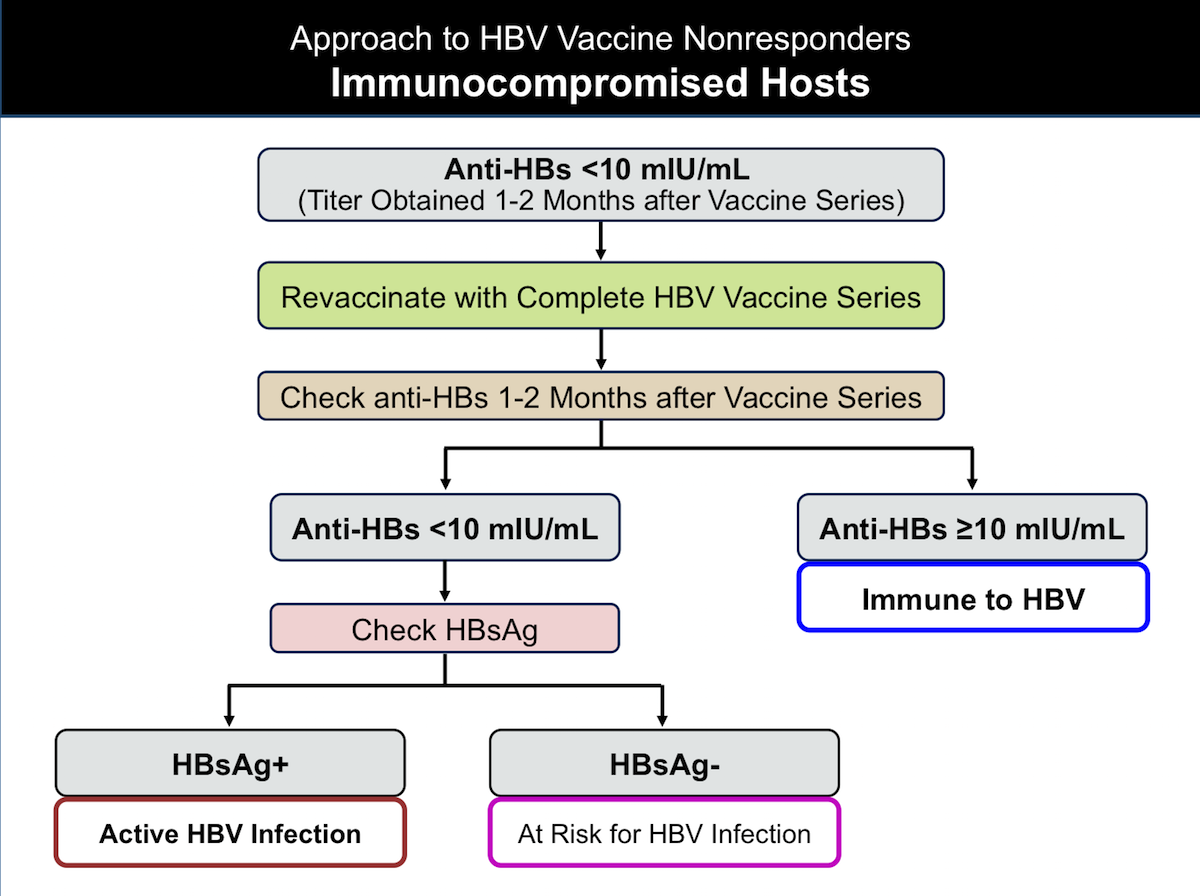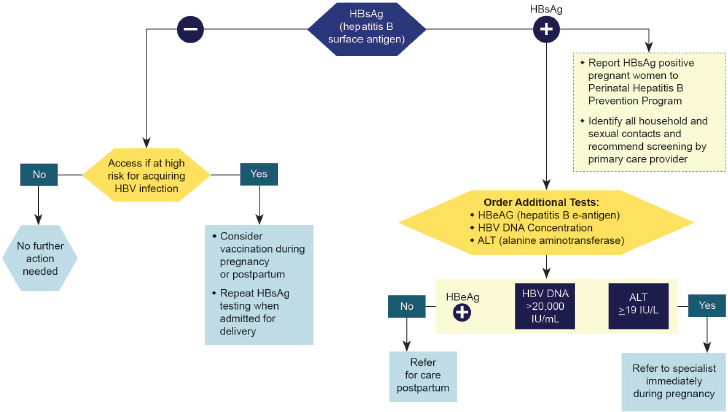Why Do Healthcare Workers Need Hep B Vaccine
Workers performing tasks involving exposure to blood or blood-contaminated body fluids should be vaccinated. Examples of workers who may have occupational exposure include but are not limited to healthcare workers.

Core Concepts Hbv Immunizations Prevention Of Hbv Hepatitis B Online
Health care workers HCWs who have a reason-able expectation of being exposed to blood on the job should be offered hepatitis B vaccine.

Why do healthcare workers need hep b vaccine. These are given at 0 1 and 6 months. Satisfactory evidence of protection would include documentation of having received two doses of MMR or having had positive antibody tests for measles and rubella. It can cause long-term liver damage and liver cancer.
Vaccination is a safe and effective way to protect you from hepatitis B. There are three common types of hepatitis caused by viruses. Which workers in the health care setting need hepatitis B vaccine.
Hepatitis B vaccine is recommended for health care workers who may be exposed to blood or body fluids. Staff of institutions for persons with learning difficulties should be offered Hepatitis A and B vaccination if not previously vaccinated. By providing a hepatitis B immunisation a GP may be placing inexperienced students at risk by giving them a false sense of security and potentially exposing them to risk of contracting other blood-borne infections.
Hepatitis A hepatitis B and hepatitis C. HBV Vaccination The standard requires employers to offer the vaccination series to all workers who have occupational exposure. 7 rows Healthcare workers HCWs are at risk for exposure to serious and sometimes deadly diseases.
The vaccine is given in to the muscle at the top of the arm. Hepatitis B is the worlds most common serious liver infection. Vaccines have been developed that protect people from contracting hepatitis A and B.
This requirement does not include per- sonnel who would not be expected to have occupational risk eg general oce workers. For public safety workers whose exposure to blood is infrequent timely postexposure prophylaxis may be considered rather than routine preexposure vaccination. Individuals are considered to be immune if they have completed the hepatitis B vaccine series and have a lab result indicating immunity.
By getting vaccinated against hepatitis B you can also help protect other people. Why you need it. Designated Healthcare Facilities shall make available the Hepatitis B vaccine to all health care workers with a risk of occupational exposure 62 Maine law states that the definition of Designated Health Care Facility includes hospitals.
A blood test will also be taken 2 months after the full course of immunisation to make certain that the immunisation has been effective. Why get immunised against hepatitis B. The vaccine gives protection against the hepatitis B virus which is a major cause of serious liver disease including scarring of the liver cirrhosis and liver cancer.
If you work directly with patients or handle material that could spread infection you should get appropriate vaccines to reduce the chance that you will get or spread vaccine-preventable diseases. Provides advice on health clearance of new healthcare workers for tuberculosis TB hepatitis B hepatitis C and HIV. This should include appropriate training eg in risk reduction and needle stick injuries.
Its spread through the transfer of bodily fluids such as blood or semen or from mother to baby. The Occupational Safety and Health Adminis-tration OSHA requires that hepatitis B vac-cine be offered to healthcare personnel HCP who have a reasonable expectation of being exposed to blood or body fluids on the job. Medical schools are legally responsible for providing a full occupational health service to their students.
Who should be vaccinated against hepatitis B All babies should be vaccinated to protect them against hepatitis B infection. This does not include receptionists clerical and billing staff etc as these individuals are not expected to be at risk for blood exposure. The majority of research indicates that hepatitis B vaccines are a safe and effective way to prevent the infection.
Hepatitis B is a viral infection of the liver. Hepatitis B vaccination is recognized as an effective defense against HBV infection. Blood testing should be done at the same visit as administering the first dose of hepatitis B vaccine.
Blood should be drawn prior to hepatitis B vaccine being administered. The hepatitis B virus is 50 to 100 times more infectious than HIV and can survive outside the body for at least a week. While healthcare workers may need MMR vaccination for their own benefit they should also be immune to measles and rubella in order to assist in protecting patients.
In a future issue we will review the various hepatitis B serologic tests who needs testing and when they need it pre- or post-vaccination. Hepatitis B immunisation course consists of three doses of vaccine. There is also a combination vaccine for both hepatitis A and B called Twinrix which is given in three doses over six months.
An ensure law was identified if the facility is required to arrange for vaccination of or make certain that any HCWpatient has been vaccinated against any vaccine-preventable disease unless a medical religious or philosophical exemption to the law is specified or the vaccination is refused.

Core Concepts Hbv Immunizations Prevention Of Hbv Hepatitis B Online

4 Essential Interventions A National Strategy For The Elimination Of Hepatitis B And C Phase Two Report The National Academies Press
Https Www Immunize Org Catg D P2108 Pdf
Posting Komentar untuk "Why Do Healthcare Workers Need Hep B Vaccine"